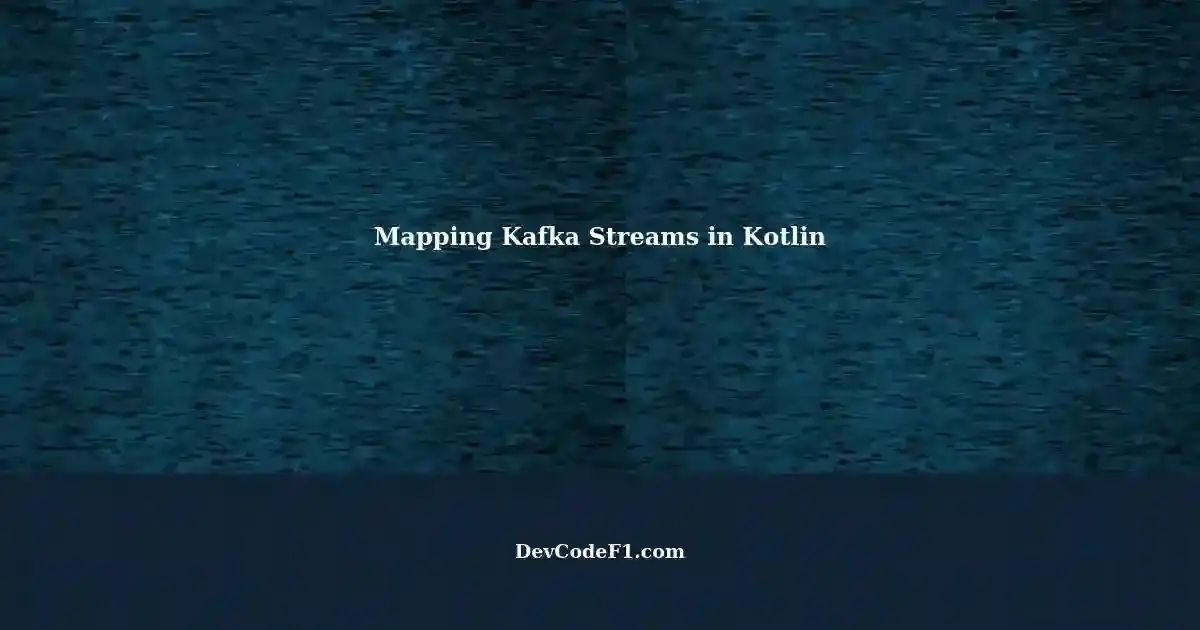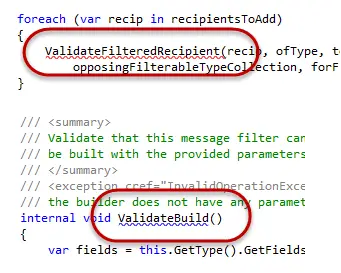Compilation Calamities: Overcoming Compiler Errors

When embarking on a coding endeavor, the dreaded compiler error can strike like a relentless storm, leaving developers stranded in a sea of bewilderment. However, by understanding the nature of these errors and employing strategic troubleshooting techniques, we can navigate these challenges with grace and efficiency. This comprehensive guide will serve as your trusty compass, empowering you to conquer compilation calamities and emerge victorious from the depths of debugging.

Executive Summary

This article presents a detailed analysis of the prevalent types of compiler errors, equipping programmers with a thorough understanding of their causes and resolutions. By exploring the intricacies of syntax errors, semantic errors, linking errors, runtime errors, and compiler bugs, we aim to equip developers with an arsenal of troubleshooting strategies. Through this journey, we will illuminate the path towards error-free code, unlocking the gates to seamless program execution.
Introduction
In the realm of software development, compilation is the pivotal process of translating human-readable programming language into machine-executable code. This delicate endeavor can be fraught with obstacles known as compilation errors, which hinder the successful execution of the program. These errors can arise from various sources, including syntactic irregularities, semantic inconsistencies, linking mismatches, runtime discrepancies, and compiler imperfections. Understanding the nuances of each error type is paramount to devising effective troubleshooting strategies.
FAQs
1. What is a compiler error?
Simply put, a compiler error is an obstacle encountered during the compilation process. It signifies a discrepancy between the program’s code and the rules governing its syntax and semantics.
2. What are the primary types of compiler errors?
The five main types of compiler errors are:
- Syntax errors
- Semantic errors
- Linking errors
- Runtime errors
- Compiler bugs
3. What distinguishes a fatal error from a non-fatal error?
Fatal errors, as their name suggests, prevent the compilation process from completing successfully, while non-fatal errors allow compilation to proceed but may result in program misbehavior during execution.
Syntax Errors
Syntax errors occur when the code violates the grammatical rules of the programming language, rendering it incomprehensible to the compiler. These errors often manifest as missing or misplaced punctuation, incorrect variable declarations, or improper syntax for control structures.
- Missing semicolon: The absence of a semicolon at the end of a statement, which serves as a statement terminator.
- Incorrect variable declaration: Attempting to use a variable without properly declaring its type or scope.
- Invalid syntax for control structures: Using incorrect syntax for loops, conditional statements, or other control flow mechanisms.
Semantic Errors
Semantic errors arise when the code adheres to the language’s syntax but contains logical inconsistencies or violates the underlying semantics. These errors indicate that the code is structurally sound but does not accurately convey the intended behavior.
- Type mismatch: Assigning a value of an incompatible type to a variable or using an incorrect data type for an operation.
- Undefined variable: Attempting to use a variable without first declaring it or initializing it.
- Invalid function call: Calling a function with incorrect arguments or in an inappropriate context.
Linking Errors
Linking errors occur during the process of combining multiple object files into a single executable program. These errors arise when there are unresolved references between modules or when external libraries or dependencies are missing.
- Undefined symbol: The linker cannot find a symbol (e.g., a function or variable) that is referenced in the code.
- Duplicate symbol: Two or more modules define the same symbol, causing a conflict during linking.
- Missing library: The linker cannot locate a necessary external library or dependency, preventing the successful linking of the program.
Runtime Errors
Runtime errors manifest during the execution of a program, indicating issues with the program’s logic or its interaction with the runtime environment. These errors can be challenging to debug as they often surface after the compilation process has completed.
- Segmentation fault: Attempting to access memory outside the allocated bounds, leading to a system crash or program termination.
- Array index out of bounds: Trying to access an element of an array using an index that is outside the valid range.
- Null pointer exception: Attempting to dereference a null pointer, resulting in an abrupt program crash.
Compiler Bugs
Compiler bugs are rare but can be particularly frustrating, as they stem from defects within the compiler itself. These bugs can produce misleading error messages or cause unexpected program behavior.
- Incorrect error reporting: The compiler incorrectly identifies or misinterprets a legitimate code construct as an error.
- Optimization errors: The compiler’s optimization techniques inadvertently introduce errors into the generated code.
- Platform-specific bugs: The compiler exhibits different behavior or generates erroneous code depending on the target platform.
Conclusion
Compilation errors can be daunting obstacles in the path of software development, but by understanding their nature and applying systematic troubleshooting techniques, we can navigate these challenges with confidence. Through this comprehensive analysis, we have equipped you with the knowledge and strategies to overcome syntax errors, semantic errors, linking errors, runtime errors, and compiler bugs. Remember, debugging is an iterative process, and with patience and determination, you can conquer compilation calamities and emerge as a victorious coder.
Keyword Tags
- Compiler errors
- Syntax errors
- Semantic errors
- Linking errors
- Runtime errors

